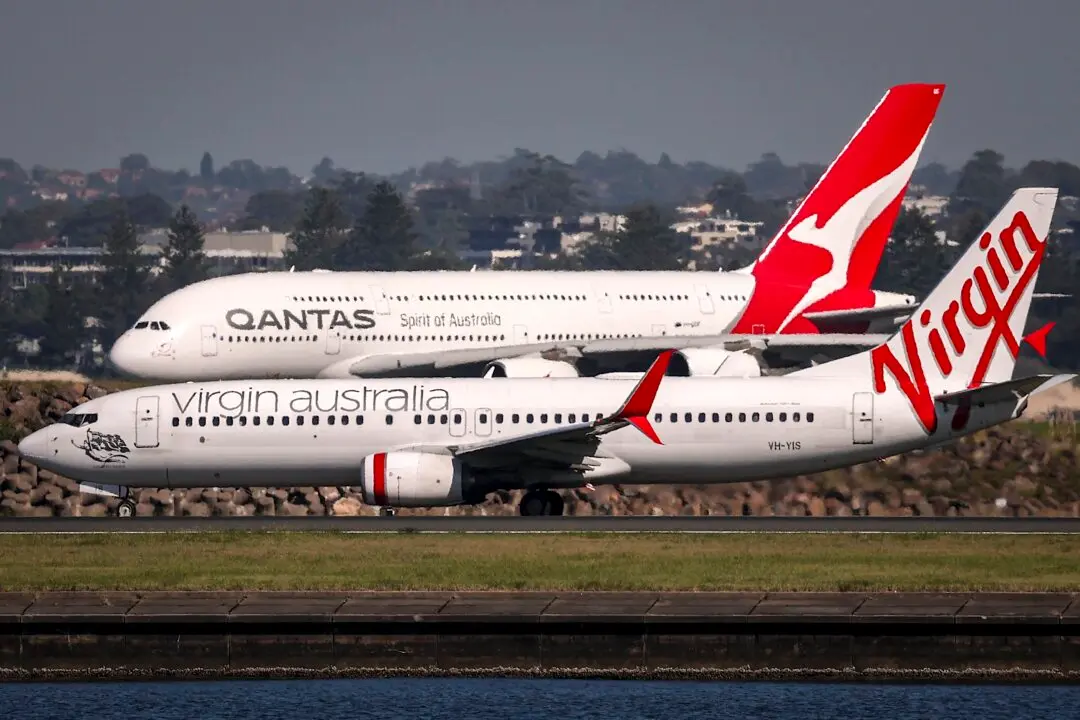Executives of Australia’s two largest airlines, Virgin and Qantas, have been probed on why Australian flight passengers do not enjoy the same consumer protections as those in the U.S. and EU.
In August 2024, the Labor government released the Aviation White Paper, which outlined its vision for the sector toward 2050.





